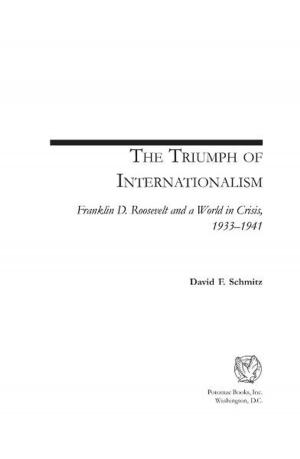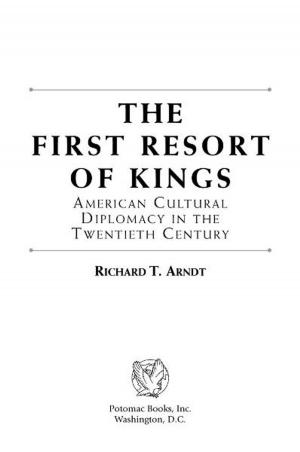The Path to Salvation
Religious Violence from the Crusades to Jihad
Nonfiction, Religion & Spirituality, Reference, History| Author: | Heather Selma Gregg | ISBN: | 9781612346618 |
| Publisher: | Potomac Books Inc. | Publication: | January 1, 2014 |
| Imprint: | Language: | English |
| Author: | Heather Selma Gregg |
| ISBN: | 9781612346618 |
| Publisher: | Potomac Books Inc. |
| Publication: | January 1, 2014 |
| Imprint: | |
| Language: | English |
In the wake of 9/11, policy analysts, journalists, and academics have tried to make sense of the rise of militant Islam, particularly its role as a motivating and legitimating force for violence against the United States. The general perception is that Islam is more violence-prone than other religions and that scripture and beliefs within the faith, such as the doctrines of jihad and martyrdom, demonstrate the inherently violent nature of Islam.
Here, however, Heather Selma Gregg draws comparisons across religious traditions to investigate common causes of religious violence. The author sets side-by-side examples of current and historic Islamic violence with similar acts by Christian, Jewish, Buddhist, and Hindu adherents.
Based on her findings, Gregg challenges the assumption that religious violence stems from a faithÆs scriptures. Instead, Gregg argues that religious violence is the result of interpretations of a religionÆs beliefs and scriptures. Interpretations calling for violence in the name of a faith are the product of individuals, but it is important to understand the conditions under which these violent interpretations of a religion occur. These conditions must be considered by identifying who is interpreting the religion and by what authority; the social, political, and economic circumstances surrounding these violent interpretations; and the believability of these interpretations by members of religious communities.
In the wake of 9/11, policy analysts, journalists, and academics have tried to make sense of the rise of militant Islam, particularly its role as a motivating and legitimating force for violence against the United States. The general perception is that Islam is more violence-prone than other religions and that scripture and beliefs within the faith, such as the doctrines of jihad and martyrdom, demonstrate the inherently violent nature of Islam.
Here, however, Heather Selma Gregg draws comparisons across religious traditions to investigate common causes of religious violence. The author sets side-by-side examples of current and historic Islamic violence with similar acts by Christian, Jewish, Buddhist, and Hindu adherents.
Based on her findings, Gregg challenges the assumption that religious violence stems from a faithÆs scriptures. Instead, Gregg argues that religious violence is the result of interpretations of a religionÆs beliefs and scriptures. Interpretations calling for violence in the name of a faith are the product of individuals, but it is important to understand the conditions under which these violent interpretations of a religion occur. These conditions must be considered by identifying who is interpreting the religion and by what authority; the social, political, and economic circumstances surrounding these violent interpretations; and the believability of these interpretations by members of religious communities.















